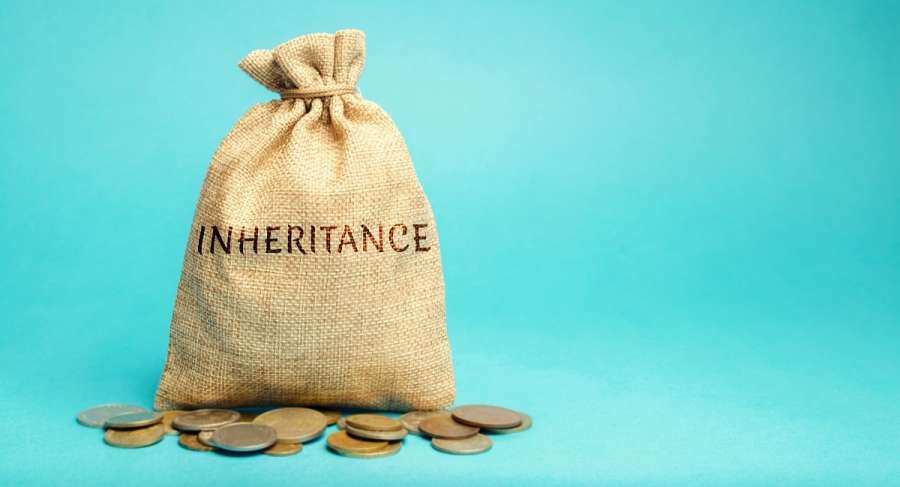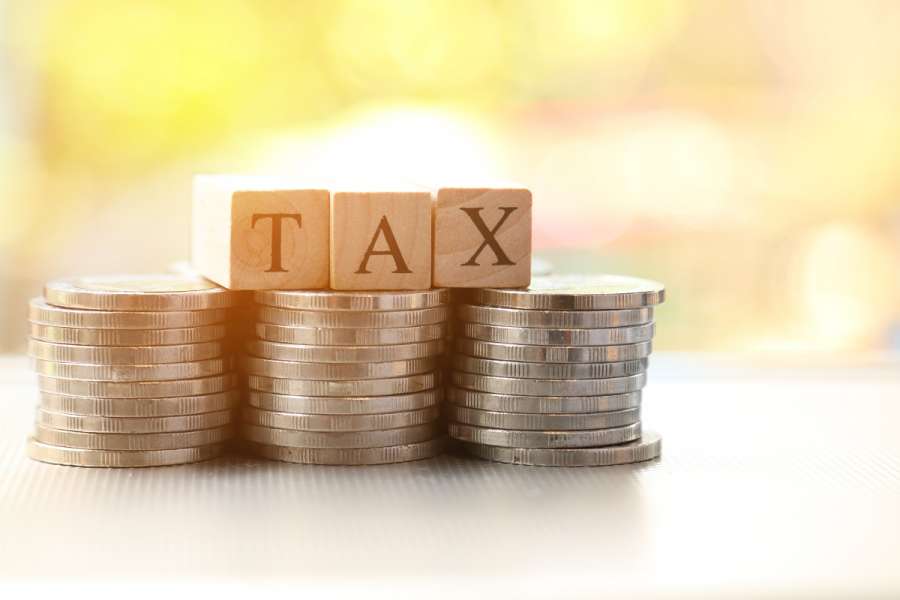Where you have gifted in the seven years prior to your death, these gifts may be taxed or affect the inheritance tax due in your estate.
These gifts are called potentially exempt transfers (also known as PETs).
Gifts could be of money but also of personal items or property, or even if you were to sell something to someone for less than its true market value, anything which reduces the value of your assets.
The PET is the reduction in the value of your estate.
Gifts to spouses, civil partners and charities are exempt from inheritance tax, but gifts to others may come back into question to be assessed for inheritance tax unless any of the following allowances apply.
There are a number of gifting exemptions available which can assist with your inheritance tax liability, including:
- The Annual Allowance
- Small Gifts Allowance
- Gifts on Marriage or Civil Partnership
- Regular Gifts out of Income
Some of these allowances were set in the 1970s and early 1980s and have not been increased since.
However, despite the lack of their proportionate increase, they can still be useful mechanisms to help legitimately reduce the amount of inheritance tax payable in your estate.








